Nigeria’s energy deficit continues to hinder its socio-economic growth, particularly in rural communities where access to reliable power remains scarce. With over 85 million Nigerians still living without access to grid electricity, according to the International Energy Agency, households and small businesses are forced to rely on kerosene, firewood, and diesel generators—options that are both expensive and environmentally damaging. Yet, amid these challenges, microfinance is emerging as an unlikely but effective tool to bridge the energy gap and accelerate the nation’s transition to a sustainable economy. LAPO At 11.
At the forefront of this effort is LAPO Microfinance Bank (MfB), which has over the years redefined its approach to lending by weaving sustainability into its operations. Through its Environmental Green Clean Lending Initiative, introduced in 2017, the bank has moved beyond traditional micro-lending to support renewable energy and clean cooking solutions in underserved communities. The initiative reflects a proactive stance to minimize the negative impact of economic activities on the environment while enhancing social and environmental conservation.
LAPO MfB provides specially designed loans that enable clients to purchase renewable energy and clean cooking products such as solar home systems, bio-energy gas cylinders, clean cookstoves, and solar-powered freezers. The model is not just about consumer adoption. Some clients are financed as distributors, creating additional income streams and extending access within rural economies. The design of the credit products ensures affordable maturity periods and interest rates, while partnerships with certified solar companies guarantee both quality and after-sales support.
Since its inception, the initiative has financed the sale of over 751,000 clean energy products, with disbursements exceeding ₦19.9 billion. Beyond the numbers, the scheme has improved quality of life for thousands of rural households while boosting productivity for small-scale businesses dependent on affordable energy. In 2023, as part of its Corporate Social Responsibility, LAPO MfB, in partnership with Bluetti Energy Nigeria Limited, donated 50 solar home systems worth over ₦5.2 million to vulnerable households, further deepening its commitment to inclusive access.
The bank’s progress has been made possible through strategic collaborations with a diverse pool of partners. These range from D.light Limited, Sunking by Green Light Planet, and OVH by Oando Gas, to more recent entrants such as Spiro Mobility Solutions, which is pioneering electric motorbikes for clean transportation. Other partnerships with Koolboks Limited, Atmosfair Climate & Sustainability, Burn Stove Nig. Ltd, and Water.org have expanded the bank’s reach into productive-use energy, cold chain solutions, sanitation, and e-mobility.
In May 2025, LAPO MfB secured a ₦450 million, 36-month blended finance facility under the Green for Access (G4A) First Loss Guarantee initiative, managed by Greenmax Capital Group. This facility is designed to mitigate credit risks and scale up clean energy financing, with a focus on emerging areas such as solar-powered healthcare systems, e-mobility, and productive-use energy for smallholder farmers and micro-entrepreneurs.
As the world turns its attention to sustainable energy and climate change, Nigeria cannot be left behind. Institutions like LAPO MfB are demonstrating how microfinance can be a catalyst for grassroots development, empowering households, creating new value chains, and safeguarding the environment. By bridging the gap between finance and renewable energy, the bank is helping to light up rural Nigeria, one solar kit, one clean cookstove, and one green loan at a time.




